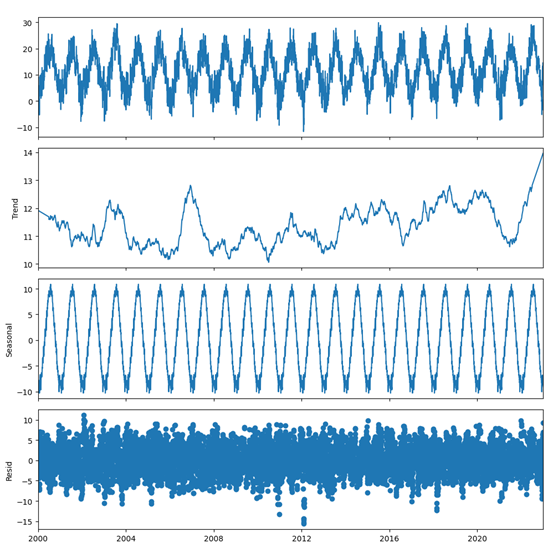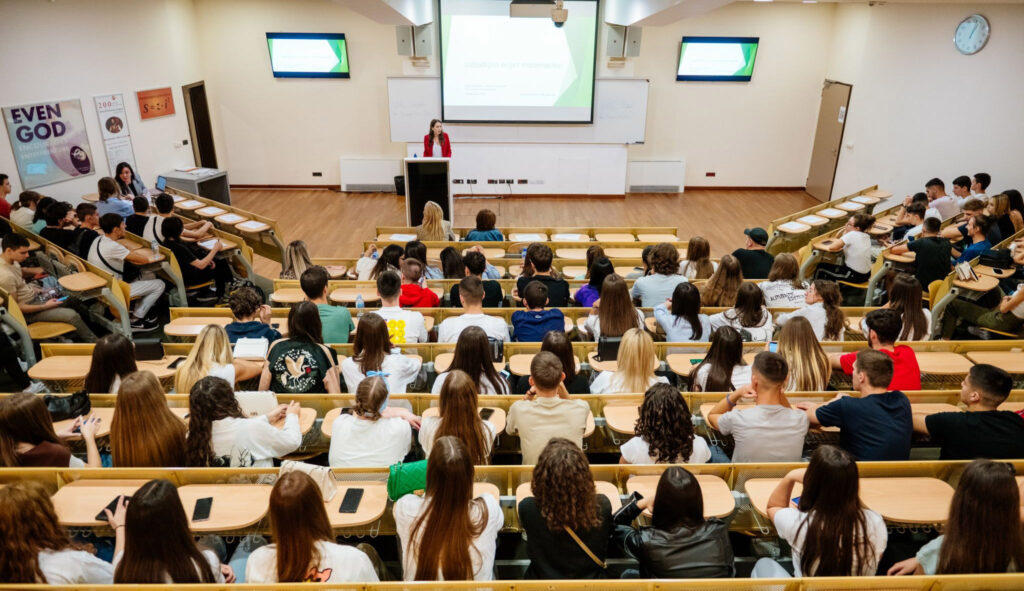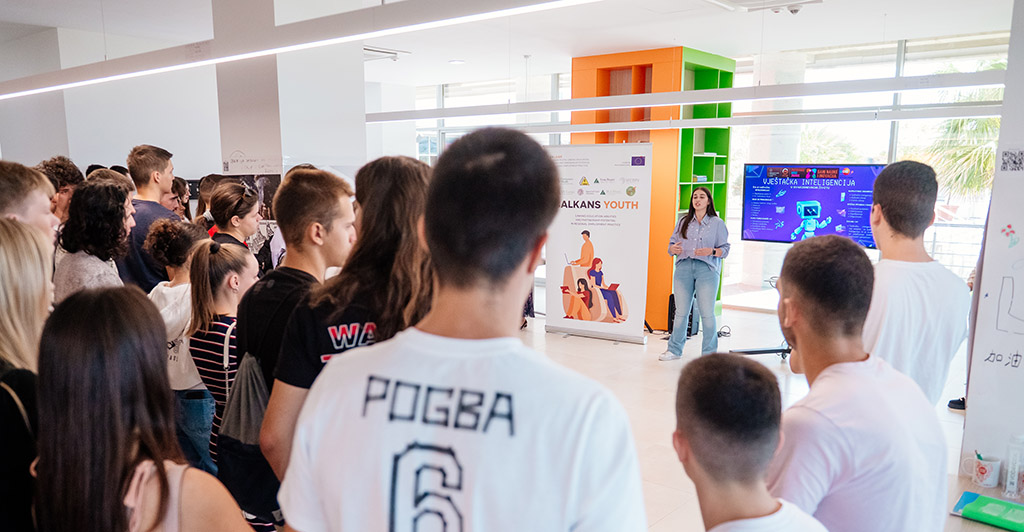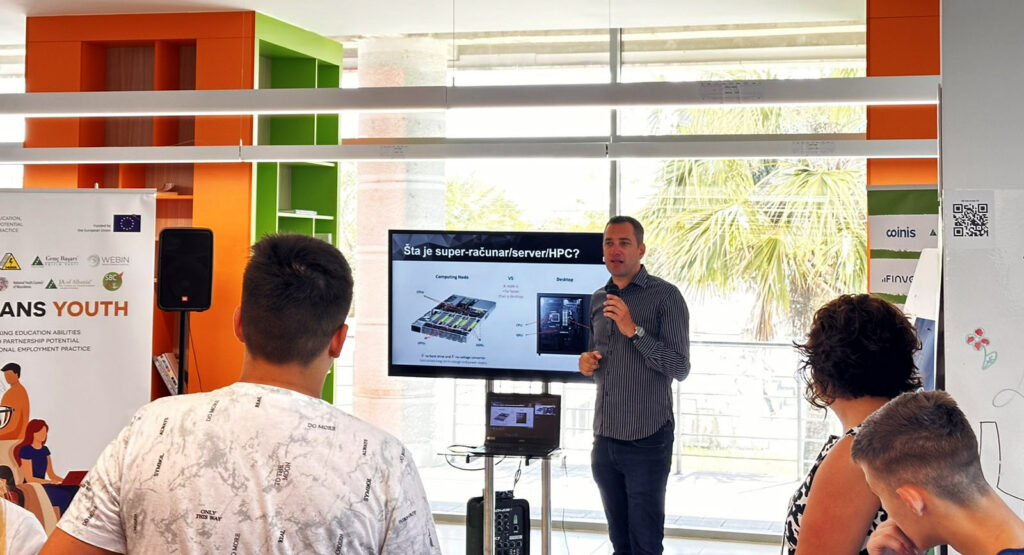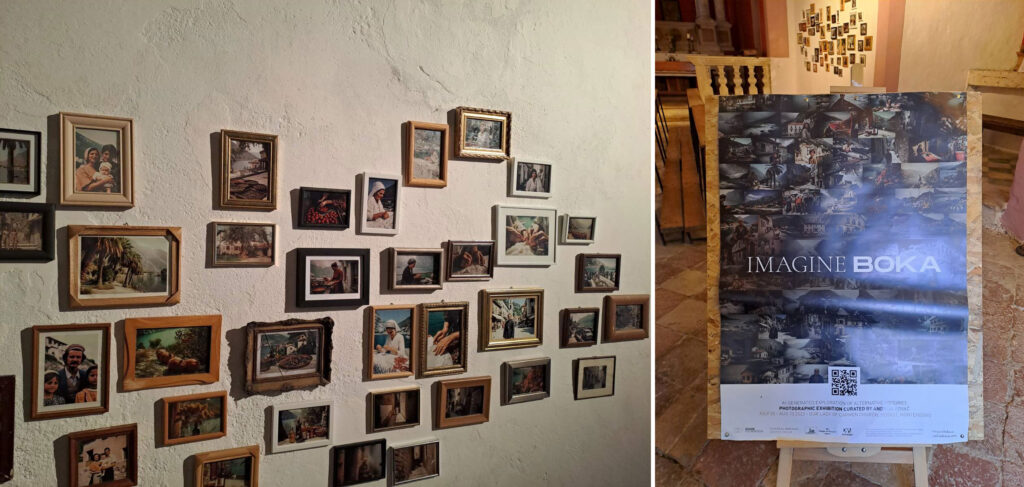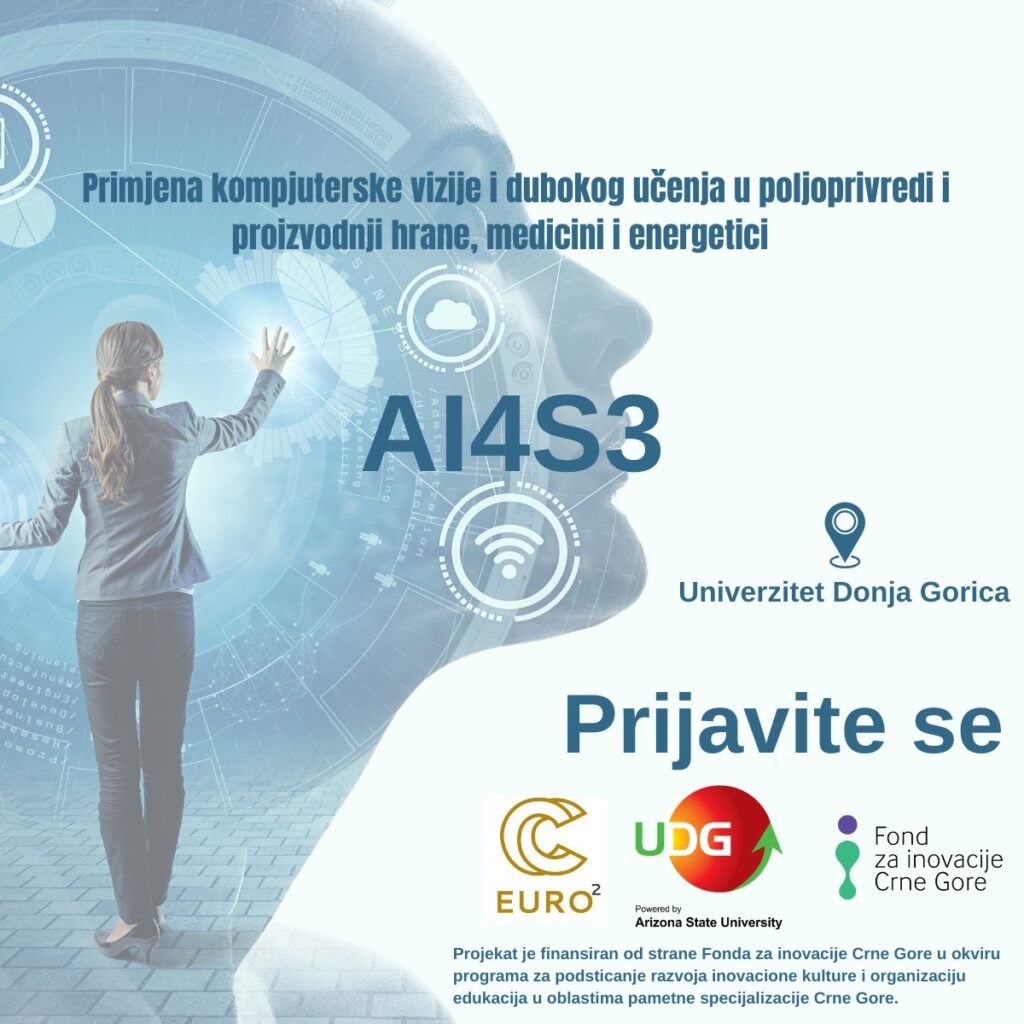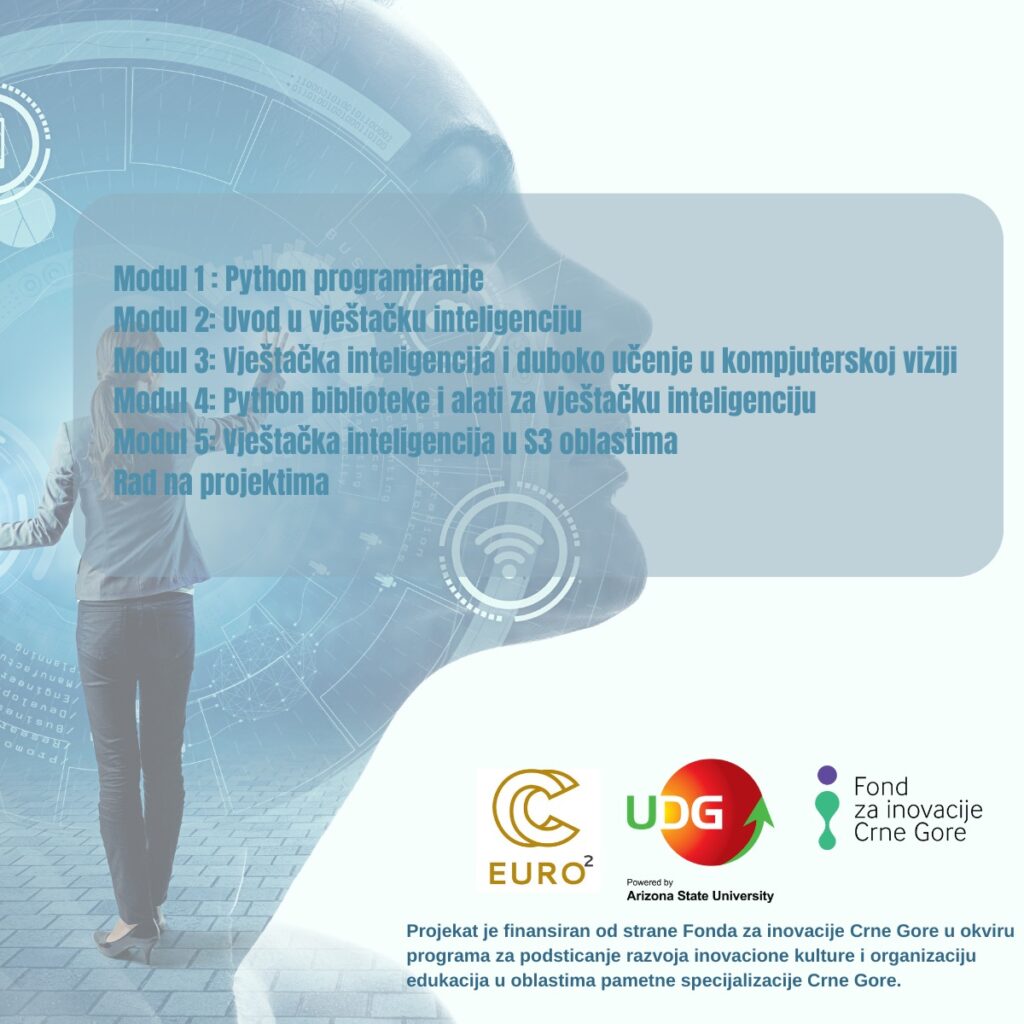The widespread use of ChatGPT has reshaped the labor market, offering both opportunities and challenges for companies and employees across various industries. This thesis has highlighted that the most positive impacts are likely to be seen in fields like medicine, trade, and education, while sectors such as customer support, media, and administration face significant challenges. ChatGPT should be viewed as a valuable ally for enhancing daily business tasks and boosting productivity. Ths BSc theis was done by Marko Raicevic under the mentorship of prof. Armin Alibasic.
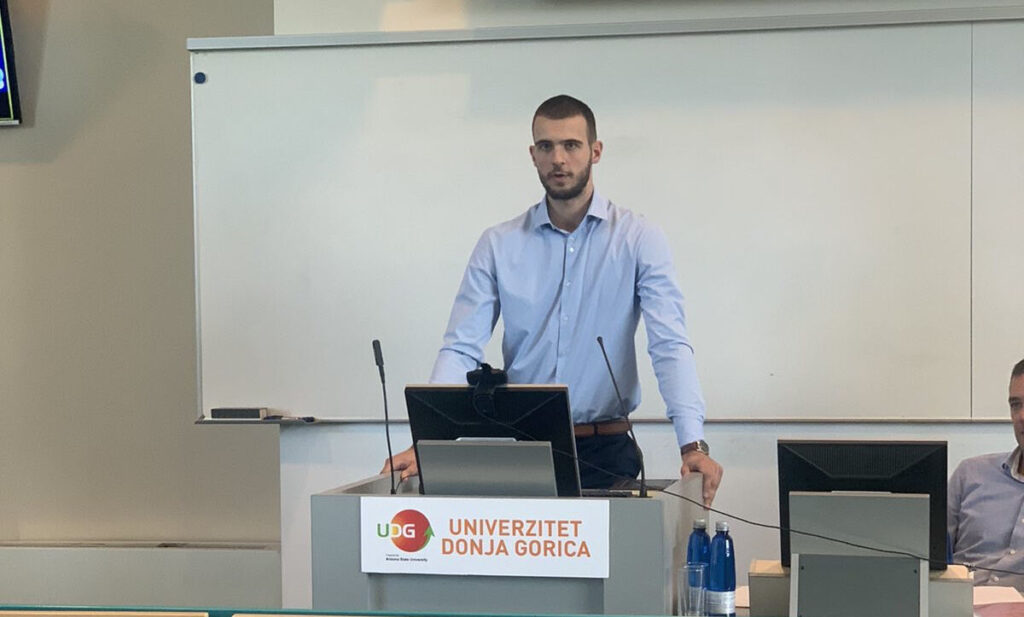
While the current version of this technology excels in certain areas like automation, information processing speed, and knowledge base, it is not poised to replace the majority of employees in the labor market. The future of businesses hinges on how we harness and deploy ChatGPT; it can either be a chance or a threat, depending on our development and utilization of this technology.
ABSTRACT – This thesis examines the groundbreaking impact of OpenAI’s ChatGPT, a revolutionary conversational AI, on the field of natural language processing. ChatGPT’s exceptional performance and capabilities have led to widespread adoption for daily business tasks, setting new trends in the job market. The paper explores ChatGPT’s role in various branches of artificial intelligence and its implications for diverse industries, considering its potential, limitations, and ethical concerns. The research draws on relevant literature to highlight the opportunities and challenges this technology presents. While routine tasks may be automated, ChatGPT is seen as a tool to enhance productivity, emphasizing that workers will not be replaced but augmented by its usage.


